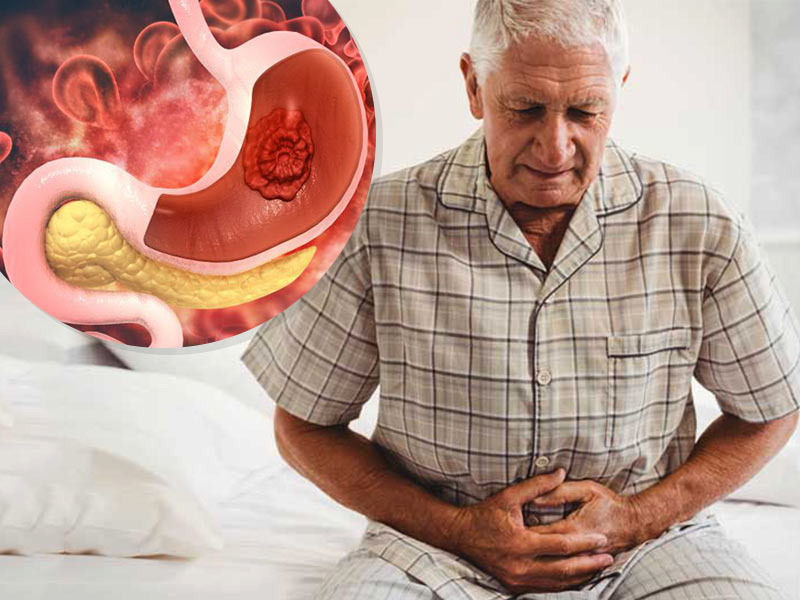Signs of Stomach Cancer: Early Recognition is Key
Signs of stomach cancer can be elusive, making early recognition vital. Watch for symptoms such as persistent indigestion, unexplained weight loss, and abdominal pain. Pay attention to blood in stools or vomit and a feeling of fullness, even after a small meal. Timely awareness of these signs empowers individuals to seek medical attention promptly.
Diagnostic Challenges: Unraveling the Mystery of Stomach Cancer
Diagnosing stomach cancer poses challenges due to its subtle symptoms. Endoscopies, imaging tests, and biopsies are commonly employed for accurate diagnosis. In some cases, genetic testing may be recommended. The evolving landscape of diagnostic technologies continues to enhance our ability to detect stomach cancer at earlier, more treatable stages.
Stomach Cancer Treatments: A Multifaceted Approach
Stomach cancer treatments encompass a multifaceted approach tailored to individual cases. Surgery is often employed to remove tumors, with the extent depending on the cancer’s stage. Chemotherapy and radiation therapy may be recommended to target cancer cells and prevent recurrence. Immunotherapy, a promising avenue in cancer treatment, is also being explored for stomach cancer.
Surviving Stomach Cancer: Understanding Survival Rates
Stomach cancer survival rates vary based on factors such as the stage at diagnosis and the effectiveness of treatment. Early detection significantly improves survival rates. According to recent statistics, the five-year survival rate for localized stomach cancer is higher than for cases that have spread to distant organs. Regular screenings and awareness are pivotal in enhancing overall survival rates.
The Impact of Diet and Lifestyle: Stomach Cancer Prevention
While not all cases of stomach cancer can be prevented, adopting a healthy lifestyle can mitigate risks. Diets rich in fruits and vegetables, along with avoiding excessive salt and processed meats, contribute to a lower risk of stomach cancer. Quitting smoking and moderating alcohol consumption are additional lifestyle choices that can positively impact overall health.
Global Trends in Stomach Cancer Incidence
Stomach cancer incidence varies globally, with higher rates in certain regions. Infection with Helicobacter pylori, a bacterium that can lead to stomach inflammation, is a common risk factor. Global efforts to address stomach cancer include research into the role of H. pylori and initiatives focused on prevention and early detection.
Psychosocial Support: Nurturing Emotional Well-being
The journey through stomach cancer involves not only physical challenges but emotional ones as well. Psychosocial support, including counseling and support groups, plays a crucial role in nurturing emotional well-being. Recognizing the impact of cancer on mental health is an integral aspect of holistic care for individuals and their families.
Patient Advocacy: Shaping the Future of Stomach Cancer Care
Patient advocacy is shaping the future of stomach cancer care. Advocates work tirelessly to raise awareness, fund research and ensure that individuals affected by stomach cancer have access to the best possible care.
Conclusion
Stomach cancer, with its nuanced signs and complex treatments, underscores the importance of early detection, advancements in diagnostics, and a comprehensive approach to care. As we navigate the evolving landscape of stomach cancer research and treatment, awareness, prevention, and support remain pivotal in fostering improved outcomes.


